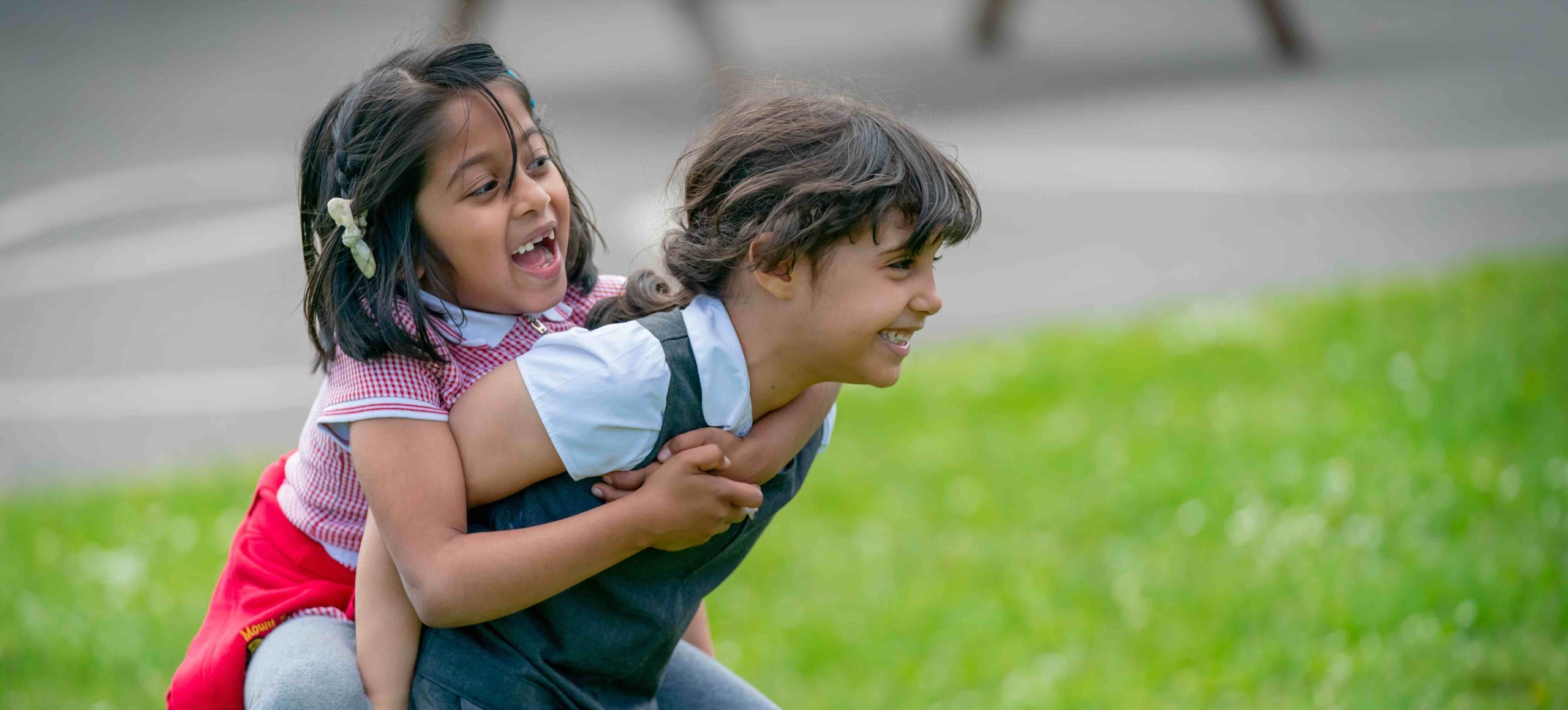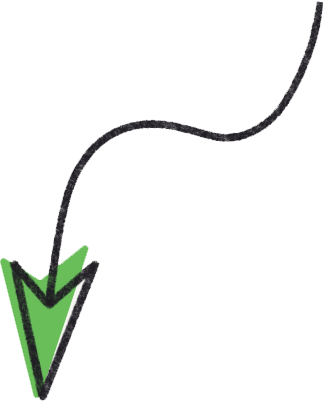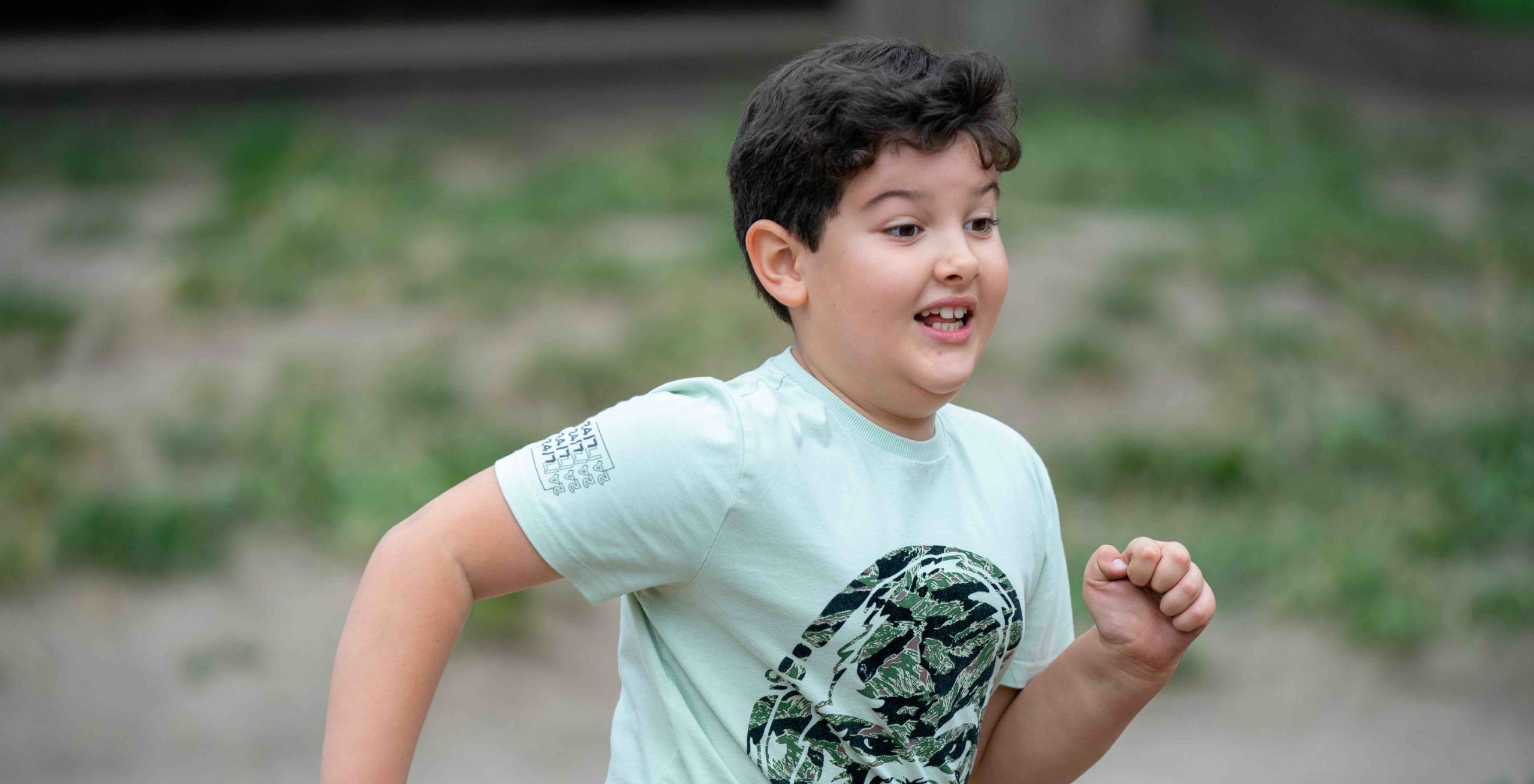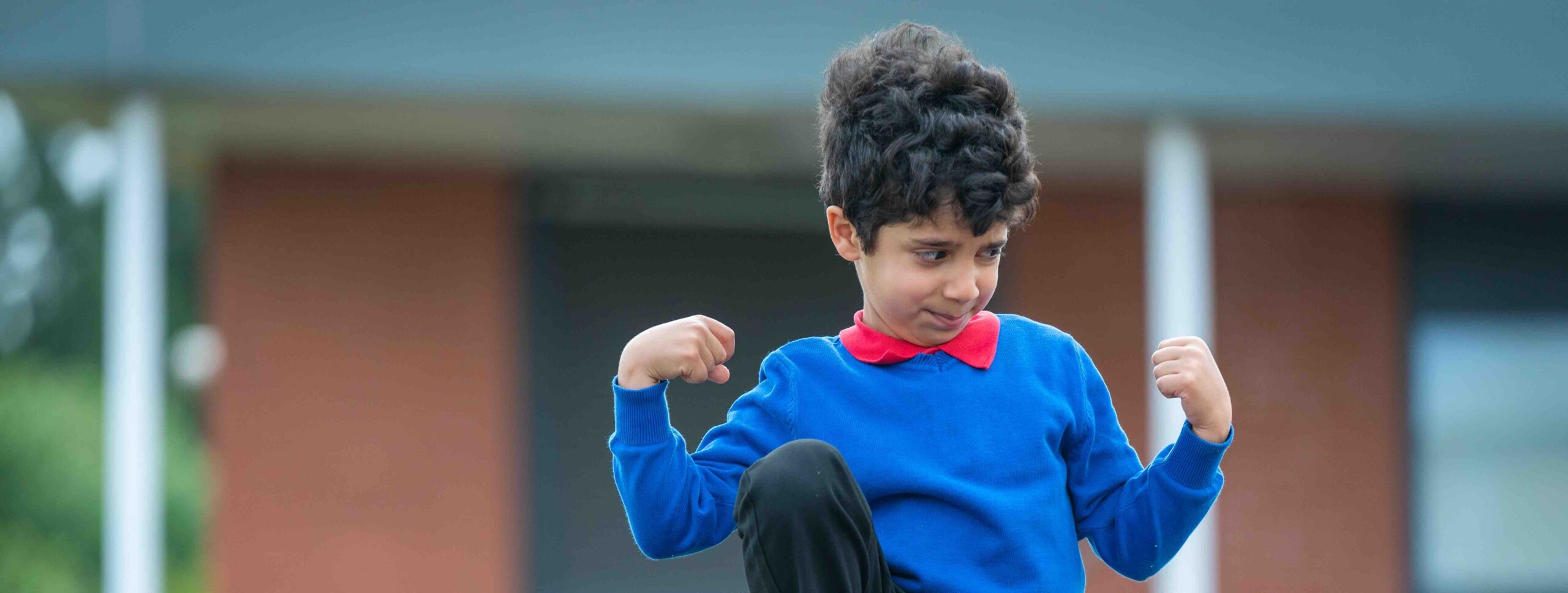All about play
How play prepares children for nursery and school
When young children play, they feel happy and their bodies and brains develop. Playing helps your child to stay healthy. It also builds the foundation for their future learning and behaviour.
Play is the top tip for helping your child prepare for nursery and school – let them play, play and play some more.
How your child’s brain develops
In the first few years of your child’s life, their brain develops by making connections at an incredible rate.
Some of the things you do can help with your child’s development. For example, when you make eye contact with your child, sing to them or give them a hug, you help their brain develop in a healthy way.
When you smile at your child and respond to them, they learn to trust you and feel secure. This is one of the ways your child’s communication and social skills start to develop.
The everyday things a baby does – like playing with their fingers, looking at colourful shapes or listening to sounds – help their brain develop. Moving is connected to brain development too. When babies reach for things, roll, crawl and toddle, the movements they make help their brain develop.
Evidence shows that when young children interact with caring adults, this has the most important influence on their early brain development. It has a greater effect than buying expensive toys, even if they are labelled as educational.
How children explore and learn through play
The most important thing play does for children is allow them to explore and understand the world for themselves. They do this by using their hands, bodies, brains and senses (sight, hearing, smell, taste and touch).
It can be helpful to remember that the world is full of new things for children. This is why they may:
- repeat some activities
- spend a long time playing the same game or playing with the same toys
- take things apart, throw them or jump on them to see what happens
- love hearing the same stories and rhymes over and over again.
How play helps your child at nursery and school?
Playing helps your child develop a range of important skills and abilities. Your child wasn’t born with these skills, but your child was born with the potential to develop them. Some of them take quite a long time to develop, even once your child is at school. These include:
- using their memory to link bits of information
- concentrating, coping with distractions and sticking to plans
- shifting their attention from one thing to another
- resisting everyday temptations – like taking something they want without asking
- coping with everyday stresses.
Ideas for games, play and activities that help your child’s development
Games
- Games like peek-a-boo
- Imitation or copying games
- Rhymes, songs and clapping games
- Active games like tag
- Matching and sorting games
- Songs and games with movement like musical statues
- Quiet games and activities like puzzles.
Play
- Imaginary play
- Gentle rough & tumble
- Role play and dressing up
- Sensory and messy play – for example, playing with water, mud, flour and fabric.
Activities
- Talking
- Looking at books together
- Conversation and storytelling
- Exploring outdoors
- Quieter activities like cooking and gardening.













